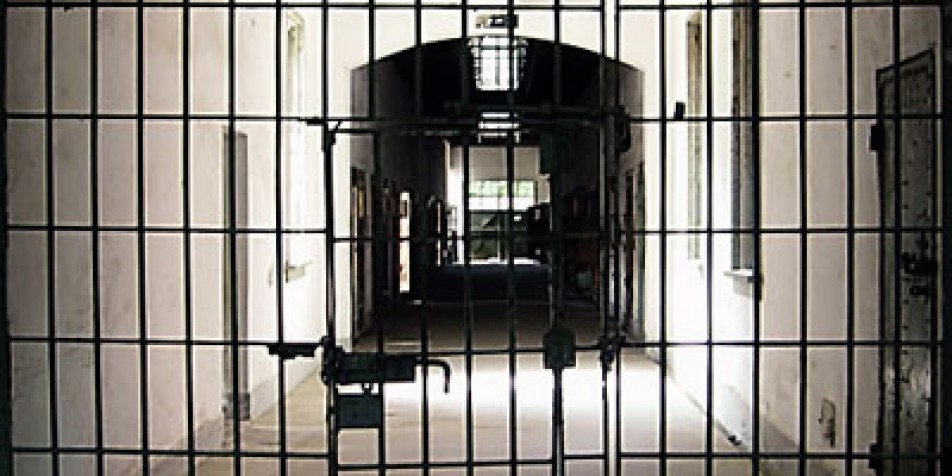Letter to Human Rights Commission Presents Reasons Why Children Should Not Be Imprisoned in Adult Facilities

Image via :Dar. on Flickr
Juvenile Law Center submitted a letter to the Inter-American Commission on Human Rights (IACHR) on the human rights implications of imprisoning children in adult facilities in the United States. The IACHR, a regional body that ensures compliance with regional standards and international corpus juris (or "body of law"), will hold a hearing on this issue on March 11.
Our letter argues that children should not be incarcerated in adult facilities for the following reasons:
1. Prosecuting youth as adults poses a greater public safety risk. Research suggests that the prosecution of children as adults does little to deter crime or reduce recidivism among youthful offenders; indeed, some research has found greater risks to public safety among children transferred to the adult system.
2. Youth prosecuted as adults lack access to rehabilitative treatment, increasing their chances of reoffending. Sentencing juveniles as adults not only fails to reduce recidivism, but it also fails to provide youth with age-appropriate rehabilitative treatment that will allow them to lead productive lives post-incarceration.
3. Incarcerating youth in adult prisons puts their lives at risk. Youth incarcerated in adult prisons are extraordinarily vulnerable to victimization, in the form of physical and sexual abuse and even death. Adolescents are also far more likely to be psychologically affected by the confinement and restrictions imposed than their adult counterparts and are thus far more likely to commit suicide.
4. Youth of color are disproportionately sentenced as adults. The disproportionate rates at which youth of color are sentenced as adults compared to white youth undermines the legitimacy of the sentences imposed.
5. Prosecuting youth as adults exposes them to harmful and lasting stigma. The stigma and barriers that a child must face when tried as an adult will last well into adulthood, regardless of how he or she might change his or her behavior; the collateral consequences of a criminal conviction can be disastrous for employment, educational, and housing prospects.
6. Case law shows that youth have a better chance at rehabilitation than adults. Recent United States Supreme Court case law underscores the differences between children and adults; this case law confirms that youth have lessened culpability and greater amenability to rehabilitation, even when they have committed violent crimes.
Accordingly, youth should not be housed with adults, in adult prisons.